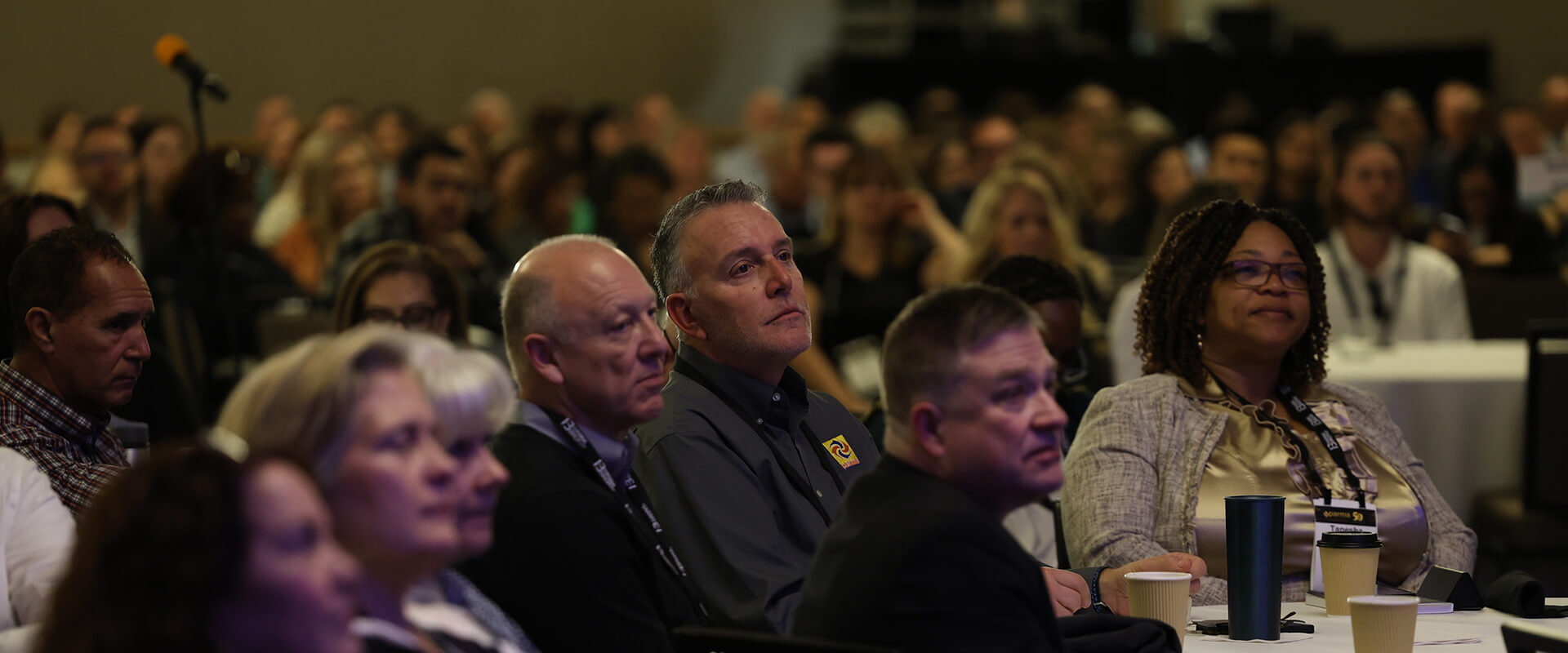Report: California Comp Virus Claim Volume Plummeted in February
The wave of COVID-19 claims that hit the California workers’ compensation system at the end of 2020 has subsided for the time being as the number of claims reported to the state Division of Workers’ Compensation for February fell to the lowest level in a year, an analysis by the California Workers’ Compensation Institute Shows.
The CWCI report shows the projected ultimate claim count for February came in at 4,533 cases, down nearly 90% from the record 43,158 claims projected for December.
The figures from CWCI’s COVID-19/Non-COVID-19 Interactive Application show that after surging to an all-time high in December, the monthly COVID-19 claim count fell by more than 50% in January, a decrease that coincided with the steep drop in new coronavirus cases in the state.








